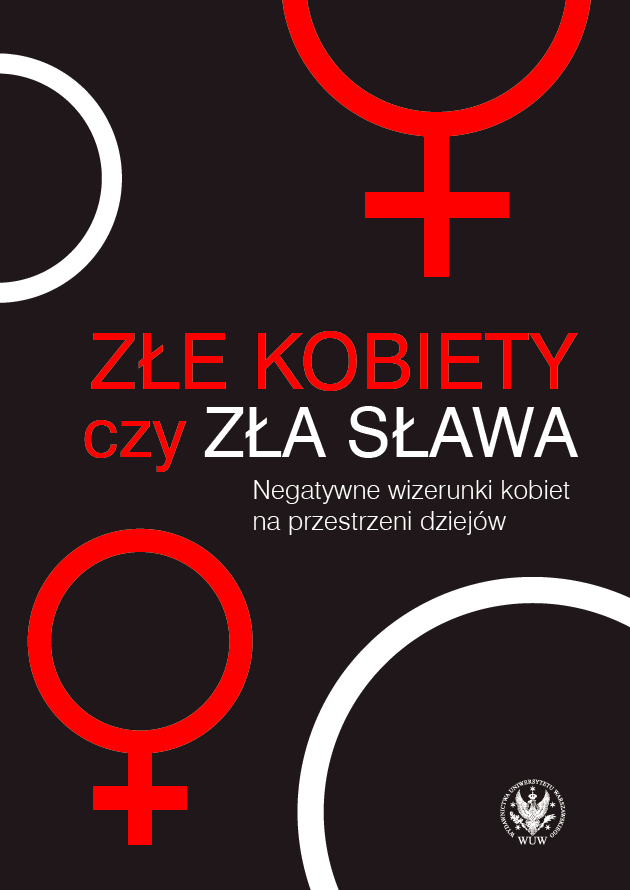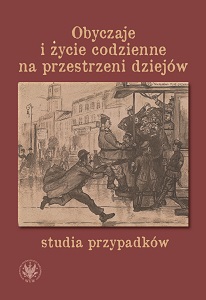
„Płeć męska” i „płeć słaba”. Kobiety w Occupatio Odona z Cluny
The aim of the paper is to present the image of women according to a 10th-century poem Occupatio written by Odo of Cluny. Odo describes his own vision of anthropology and human fall with particular emphasis on the role of Eve. She was the first channel of sin which affected all mankind. Odo presents female nature as extremely sinful. Women are associated only with carnal sins and lust, they cannot have any spiritual values. Occupatio is compared to Odo’s sermon in honour of Mary Magdalene to indicate the differences between two ways of presenting feminity in both sources.
More...
